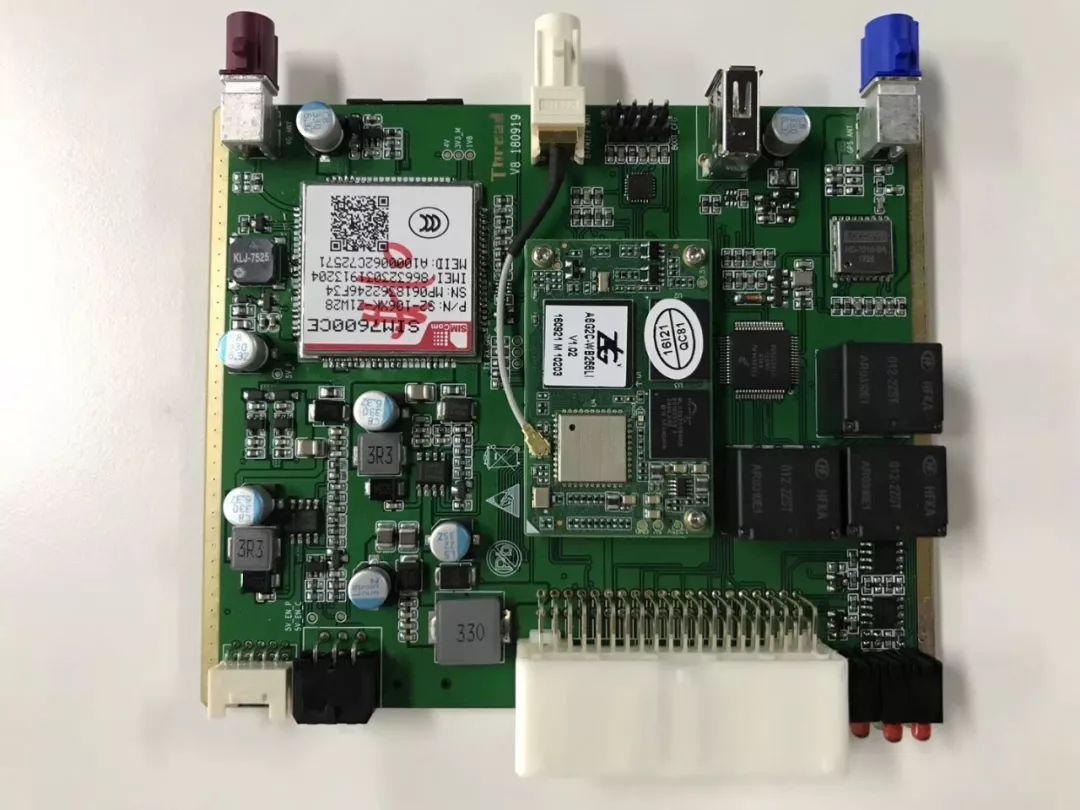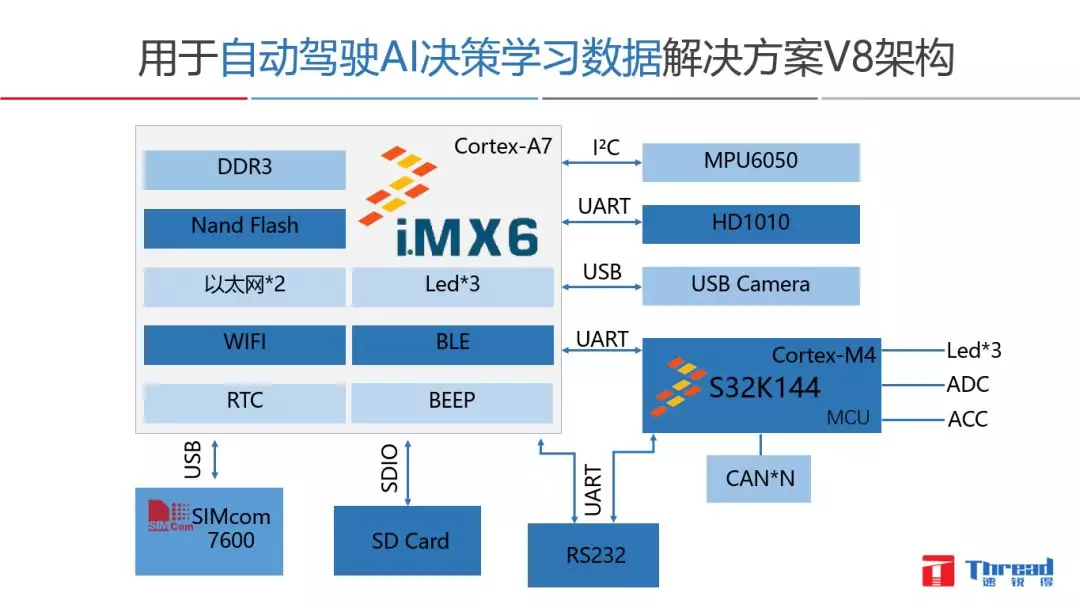World Intelligent Networking Auto Conference - Thread V8 opens a new chapter in intelligent driving vehicles
World Intelligent Networking Auto Conference - Thread V8 opens a new chapter in intelligent driving vehicles
On October 18, 2018, the World Intelligent Networking Auto Conference was grandly opened at the Beijing National Convention Center.
Intelligent networked vehicles are an emerging product of accelerating cross-border integration and transformation in industries such as information and communication, Internet, big data, artificial intelligence, and road transportation. They are the commanding heights of global industrial innovation hotspots and future development. Drive the transformation and upgrading of the automobile industry, and develop the intelligent networked automobile industry has become an important carrier for implementing the national strategy.

We have been deeply involved in the field of automotive CAN bus data application for 8 years, and the core personnel team has broadened its thinking and focused on the data collection of the intelligent driving industry. Launched the intelligent driving V8 car data collection carrier, seized the orders of the driverless giant, applied to the intelligent driving crowdsourcing map driving behavior data collection, and established the automatic driving data model.
As I said last time, the automatic driving routes of smart cars are divided into the following three categories:
1. Internet class represented by Google and Baidu. These companies have strong funds, can recruit a large number of talents, invest a lot of money, will go from the highest level of unmanned driving to low-level driverless. Their philosophy is that they don't care whether they are profitable in the short term. Once they are made, the industry is all mine.
2. Industrial categories represented by OEMs, such as Ford, Mercedes-Benz, BMW, etc. These companies are equipped with powerful technology, starting from the bottom up, L1 mature to do L2, such as reversing images, looking around, automatic parking, front car collision and other technologies.
3, is specific to the scene, such as low-speed scenes, including the park's patrol car, sanitation low-speed car and so on. Such scenes have relatively low requirements for driving speed, and the driving environment is not as complicated as urban streets, but such automatic driving also requires more accumulation.
The characteristics of the autopilot decision-making part are that there are many faucets and complicated technical points. It requires large resources, big technology, and large capital to be able to invest in the next link. Most of the machine learning is mostly in the information collection stage, and the information collection at this stage. Most of the basics are in the camera to turn the graph into a vector and then store it. The host behind the car is huge, the equivalent of a high-capacity storage server
.
For autonomous vehicles, product lifecycle management is the only way to ensure that the demo from pre-research project to mass production. Only through a rigorous product lifecycle management system, optimize the collaboration and supply chain relationships of various R&D departments, improve the engineering modeling and test verification efficiency at each stage through digital methods, and finally achieve high-quality, high-efficiency mass production products. Landing.
At present, the autonomous driving technology is in the process of advancing from L2 to L3. Many unmanned customers are willing to try different innovative solutions during the product demo stage, but in the final mass production stage, they still tend to choose the supply of car bus data experience. There are two main reasons for business:
First, autonomous driving is a field in which the world is surpassing competition. Therefore, it has very high requirements on technology. Suppliers must meet the platform development standards of customer versatility and meet individualized needs. The time node specified by the batch road test delivers the entire product in good quality and quantity.
Second, autonomous driving is different from traditional car development. Automated driving includes a variety of new sensors, artificial intelligence and big data, high-precision maps and other new content, and needs a new innovation system to support. This is not only the realization of technology and products, but also the development process and methods, collaborative innovation and management of technical teams.